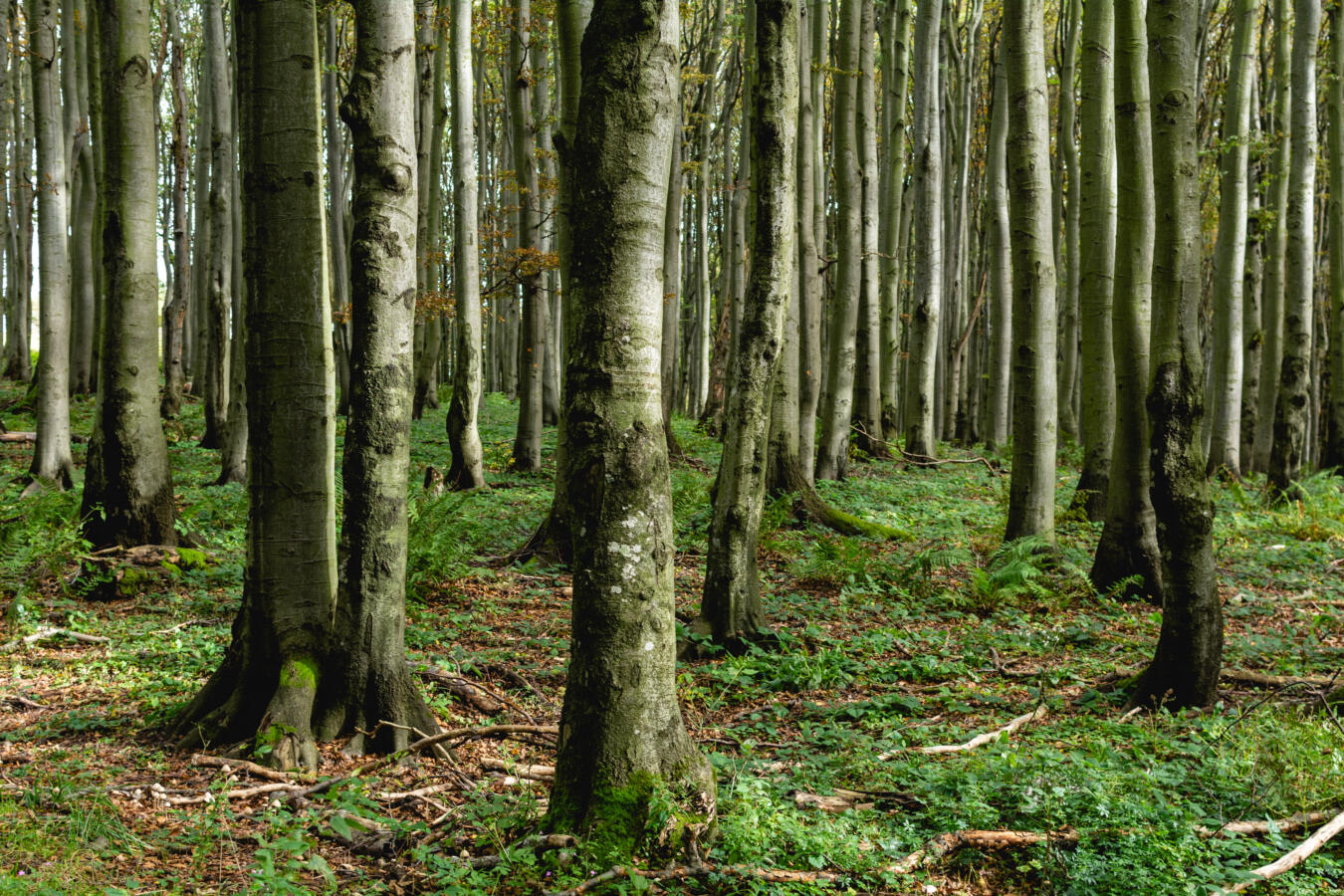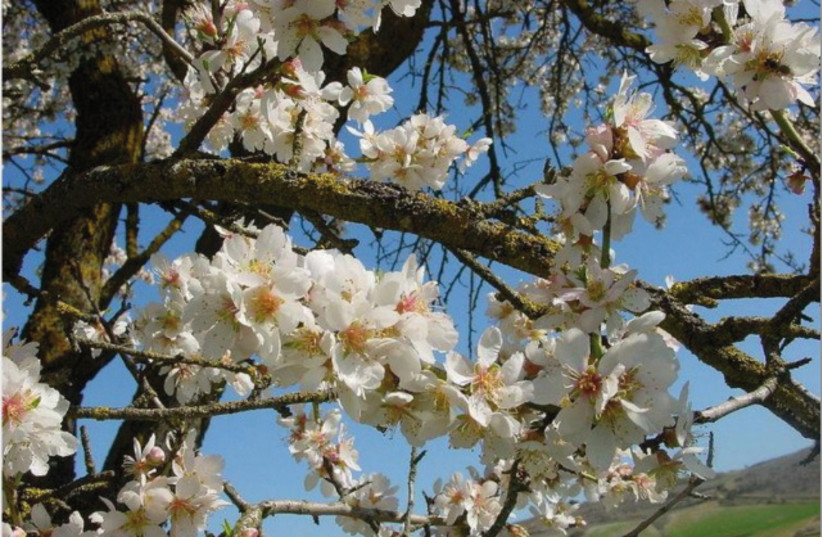Gallery
Photos from events, contest for the best costume, videos from master classes.

:max_bytes(150000):strip_icc()/Ina-Garten-Just-Shared-Her-Delicious-Jewish-New-Year-Menu-Plus-Make-Ahead-Tips-2000-84dcad558fa2467cacd56462ed4b7d9b.jpg)










The 15th of Shevat on the Jewish calendar—celebrated this year on Thursday, Feb. 13, 2025—is the day that marks the beginning of a “new year” for trees. Commonly known as Tu Bishvat, this day marks the season in which the earliest-blooming trees in the Land of Israel emerge from their winter sleep and begin a new fruit-bearing cycle. Tu BiShvat appears in the Mishnah in Tractate Rosh Hashanah as one of the four new years in the Jewish calendar. The discussion of when the New Year occurs was a source of debate among the rabbis, who argued: [3] [4] [5] The first of Nisan is the "new year for kings and festivals". The Meaning of Tu B’ Shevat The 15th day of the Jewish month of Shevat is the official “birthday” for trees in Israel.Calculating the years of a tree is necessary for several mitzvot of the Torah: ma'aserot—tithing [of each year’s fruit]; orlah —forbidden fruit of a tree’s first three years; reva’i—[redemption of] the fruit of a tree’s fourth year; and shemitah —the On the evening of January 16, 2022, Jews around the world will begin celebrating Tu BiShvat, a festival marking the New Year for trees. The holiday, which falls on the 15th (written “Tu”) day of the month of Shevat on the Jewish calendar, has an ancient and storied history that encompasses early Jewish farming, the legendary arrival of Jews in India, medieval kabbalah, and modern Many American and European Jews observe Tu Bishvat by contributing money to the Jewish National Fund, an organization devoted to reforesting Israel (the purchase of trees in JNF forests is also customary to commemorate a celebration such as a Bar or Bat-Mitzvah). Many parents donate to the JNF every year on Tu Bishvat in honor of their children. This holiday occurs each year in the month of Shevat on the 15th day. Tu B'Shevat is known as the New Year of Trees, Rosh HaShanah La'llanot (ראש השנה לאילנות). Each year on Tu B'Shevat Israelis and Jews across the globe plant trees to celebrate, along with commemorate and honor loved ones on this Jewish Arbor Day. Dates for Tu B At a later time, the rabbis of the Talmud established four “new years” throughout the Jewish calendar–Rosh Hashanah, or the Jewish new year for the calendar date; a new year for establishing the reign of kings; a new year for tithing animals of Jewish farmers to be given to the Temple; and finally, Tu Bishvat, the new year for the trees (Mishnah, Rosh Hashanah 1:1). The first of the month of Nisan is the new year for kings and festivals; the first of Elul is the new year for the tithing of animals; the first of Tishrei (Rosh Hashanah) is the new year for calendar years, sabbatical years, jubilee years, planting, and vegetables; and the 15th of Shvat (Tu Bishvat) is the new year for trees (Babylonian Talmud Tu B’Shevat 2024 — the 15th of Shevat, 5784 on the Jewish calendar—will be celebrated this year on Thursday January 25, 2024. This Tu B’Shevat, celebrate the Jewish New Year Festival for the trees with a Tu B’Shevat seder, complete with the seven species and four cups of wine. Read on to find out why and what they mean. New Year for Trees 🌳 Tu BiShvat for Hebrew Year 5785 begins at sundown on Wednesday, 12 February 2025 and ends at nightfall on Thursday, 13 February 2025 . Tu BiShvat or Tu B’Shevat or Tu B’Shvat (Hebrew: ט״ו בשבט ) is a minor Jewish holiday, occurring on the 15th day of the Hebrew month of Shevat. After four months of rain, the soil is moist and primed for growth, and the sap has begun circulating in the trees. This is the time when the previous year’s crop comes to an end, and whatever grows from this date and on belongs to the new year’s crop. Read: Why Is 15 Shevat in the Winter? Dear “Trees of Righteousness,” New Year of the Trees There is a minor holiday on the Jewish calendar that is celebrated on the fifteenth day of the month Shevat called Tu B’Shevat. This year, the holiday falls on February 6, 2023. It is also known as the “Rosh HaShanah of the Trees” and is one Tu BiShvat, also known as the Jewish New Year for Trees, is a beautiful holiday that celebrates nature, growth, and renewal. It’s a special time in the Jewish calendar when we honor the earth and our connection to the land of Israel. Tu BiShvat typically falls in late January or early February, marking the beginning of It's basically the same idea with the various Jewish new years. Tu B'Shevat is the new year for the purpose of calculating the age of trees for tithing. See Lev. 19:23-25, which states that fruit from trees may not be eaten during the first three years; the fourth year's fruit is for G-d, and after that, you can eat the fruit. Each tree is This holiday, which begins this year on Sunday evening, February 5, is colloquially known as the New Year of the Trees. Of all the Jewish holidays, Tu Bishvat — a non-religious festival that celebrates nature and, specifically, trees — is by far the most pandemic friendly: tree planting, conservation projects, and eating fruit are just a Tu BiShvat's Origins. Tu BiShvat or the "New Year of the Trees" is Jewish Arbor Day. The holiday is observed on the 15th (tu) of the Hebrew month of Shvat.Scholars believe that originally Tu BiShvat was an agricultural festival, marking the emergence of spring. Baltimore Jewish Times 9200 Rumsey Rd Columbia, MD 21045 410-902-2300 Like so much in contemporary Judaism, the holiday of Tu Bishvat has its roots in customs both new and old. Known as the new year for trees, Tu Bishvat – or the 15th day of the Hebrew month of The 15th of Shevat on the Jewish calendar is the day that marks the beginning of a “new year” for trees. days of the year, when Jewish maidens would go out to The first of Tishrei is the new year for years, for Sabbatical years and Jubilees, and for the planting of trees and herbs. This is our beloved Jewish New Year, Rosh Hashanah, which we celebrate by hearing the shofar, praying, and feasting on sweet foods. The first day of Shevat is the new year for trees, according to the school of Shammai, but
Articles and news, personal stories, interviews with experts.
Photos from events, contest for the best costume, videos from master classes.

:max_bytes(150000):strip_icc()/Ina-Garten-Just-Shared-Her-Delicious-Jewish-New-Year-Menu-Plus-Make-Ahead-Tips-2000-84dcad558fa2467cacd56462ed4b7d9b.jpg)









